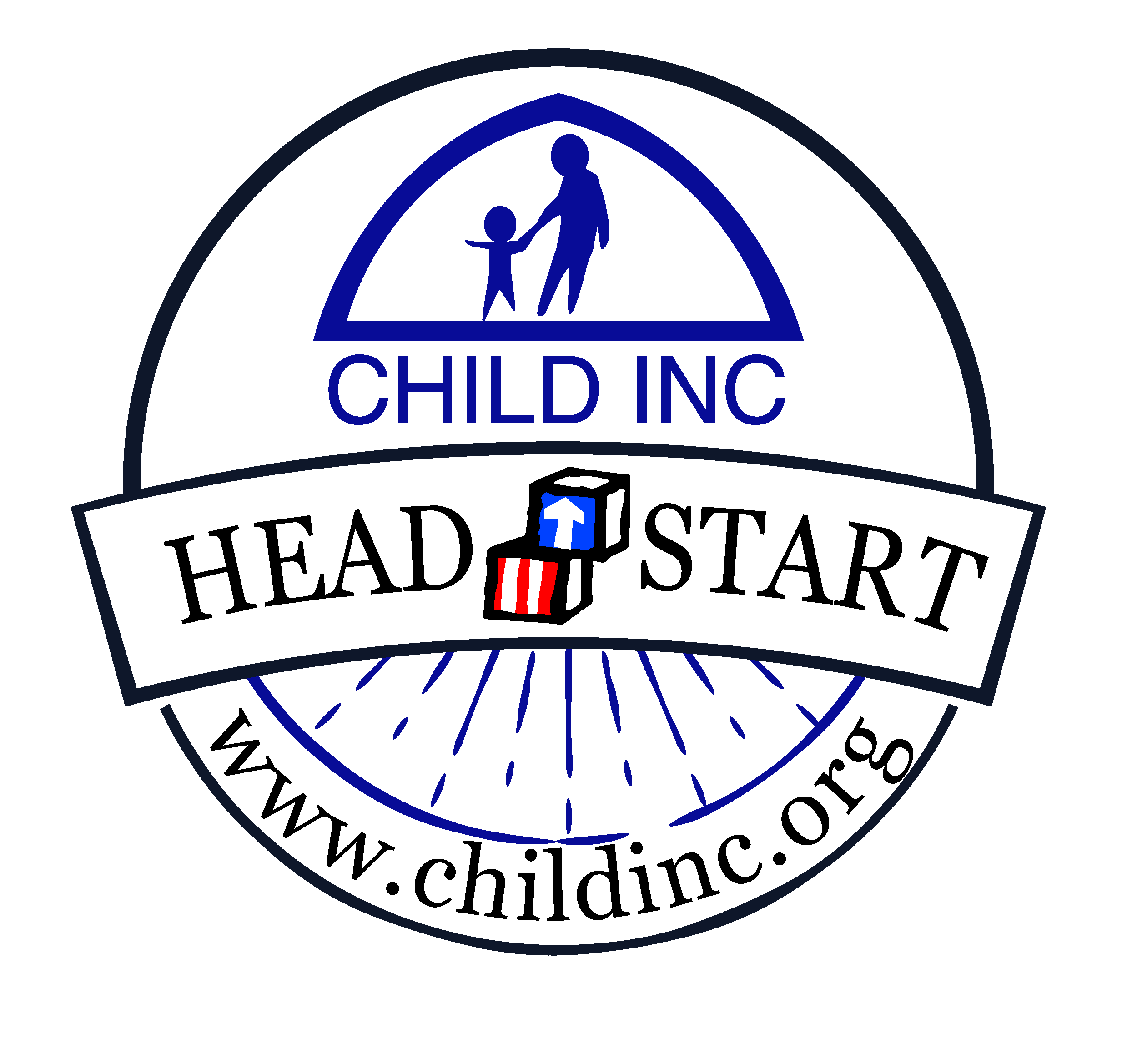Space does not begin to allow for a delineation of the many lessons Child Inc has learned regarding low-income children and their families, and the ingredients necessary to achieve school readiness. Research has shown the following:
- Children enter our program at age three with an average language delay of 14 months
- On a national basis, as many as 40% of Head Start mothers demonstrate significant signs of depression
- Approximately two-thirds of Head Start children live in single-parent households
- Low adult-child ratios are necessary, but are not sufficient for effective early learning
- In-school experience alone is generally not sufficient to achieve school readiness by age five
- Children living in two-parent households achieve more, in virtually all measurement scales, than children living in single-parent or cohabiting adult households.
- Child development is directly correlated to the quantity and quality of adult-child verbal interaction
- 28% or more of Head Start children are likely to suffer from some level of attachment disorder
- The average four- year-old child served by Child Inc begins the school year over 10% behind the national average of all four-year-olds and completes the year 3.5% ahead of all four-year-olds in a measure of reading readiness.
Responsible Parenting: The Greatest Lesson Learned
When all experiences and lessons learned by Child Inc are looked at as a whole, it becomes evident that what started out originally as a summer project to prepare low-income children for public schools in the mid-sixties, has evolved to a program that recognizes the need and vigorously promotes the philosophy and practice that school success and life success, for low-income children, is largely dependent upon responsible parenting. Furthermore, every initiative beyond the basic government requirements for running a Head Start program, that has been undertaken by Child Inc is targeted to increase responsible parenting.
To put it simply, we have learned that responsible parenting is the essential ingredient in producing positive outcomes for all children.
